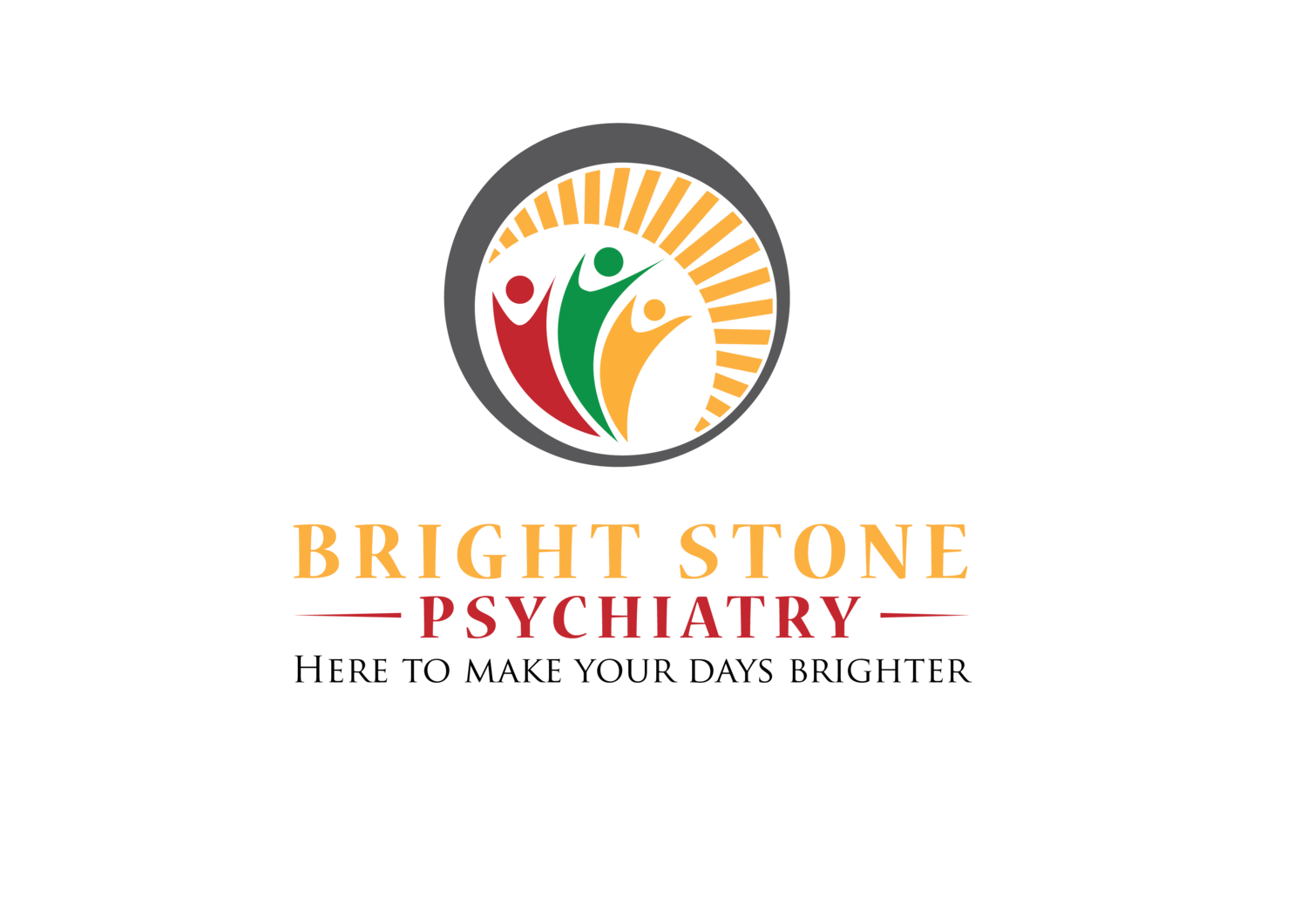The Benefits of Counseling and Therapy for ADHD: Empowering Individuals with Brightstone Psychiatry
Counseling Therapy & ADHD
Living with ADHD (Attention Deficit Hyperactivity Disorder) can present unique challenges, from difficulties with concentration and organization to managing emotions and relationships. While medication is often part of the treatment plan, counseling and therapy play a crucial role in supporting individuals with ADHD. At Brightstone Psychiatry, we understand that a holistic approach, combining therapy with other interventions, can help individuals better manage their symptoms, enhance their well-being, and live fulfilling lives.
Here’s a closer look at how counseling and therapy can benefit those with ADHD:
1. Improved Emotional Regulation
Individuals with ADHD often struggle with emotional regulation. They may experience sudden mood swings, frustration, irritability, or heightened sensitivity to stress. Counseling can help individuals understand their emotional triggers and develop coping mechanisms to manage emotional responses more effectively. Cognitive-behavioral therapy (CBT) is particularly useful in helping individuals reframe negative thought patterns and reduce emotional reactivity.
2. Building Executive Function Skills
ADHD affects executive functions such as time management, organization, planning, and prioritization. Therapy can provide individuals with practical strategies to improve these skills, allowing them to better manage daily tasks, meet deadlines, and stay organized. Therapists at Brightstone Psychiatry can work with individuals to create personalized strategies and tools that fit their unique needs, making tasks more manageable and helping reduce stress.
3. Enhancing Focus and Attention
One of the hallmark symptoms of ADHD is difficulty with maintaining focus, particularly in tasks that require sustained mental effort. Therapy can help individuals with ADHD improve their ability to focus by teaching attention-enhancing strategies, mindfulness techniques, and techniques to reduce distractions. A trained therapist can help identify patterns of distraction and offer guidance on how to stay on track in work, school, or home settings.
4. Strengthening Relationships
ADHD can impact personal relationships, as individuals may struggle with forgetfulness, interrupting others, or being perceived as inattentive. Therapy can provide a safe space for individuals to work on interpersonal skills, improve communication, and enhance relationship dynamics. By learning how to manage ADHD-related behaviors and develop empathy and understanding, individuals can strengthen connections with family, friends, and colleagues.
5. Boosting Self-Esteem and Self-Worth
Living with ADHD can often lead to feelings of inadequacy or low self-esteem, especially when individuals face setbacks or difficulties in meeting expectations. Therapy helps individuals with ADHD recognize their strengths, celebrate successes, and develop a more positive self-image. With the guidance of a counselor, individuals can also work through the feelings of frustration or failure that may arise due to challenges associated with ADHD.
6. Managing Co-occurring Conditions
Many individuals with ADHD also experience other mental health conditions, such as anxiety, depression, or learning disabilities. Counseling provides an opportunity to address these co-occurring conditions and find strategies that work for the individual. With the right therapeutic support, individuals can gain a better understanding of how ADHD interacts with other mental health challenges and learn techniques to manage them more effectively.
7. Providing Long-Term Support
Therapy isn’t just about addressing immediate concerns—it’s about providing ongoing support. Regular therapy sessions allow individuals to check in on their progress, adapt strategies, and address any new challenges. Over time, individuals with ADHD can build the resilience and confidence needed to manage their symptoms, set and achieve goals, and navigate the complexities of daily life.
Conclusion
ADHD may present certain challenges, but it doesn’t have to define an individual’s life. At Brightstone Psychiatry, we offer compassionate counseling and therapy services to help individuals with ADHD unlock their full potential. By combining therapy with other ADHD treatments, individuals can gain a deeper understanding of their symptoms, learn valuable coping strategies, and live a more organized, fulfilling life.
If you or someone you know is struggling with ADHD and would like to learn more about how therapy can help, contact Brightstone Psychiatry today at Hello@BrightStonePsychiatry.com or visit our website at BrightstonePsychiatry to schedule an appointment. Together, we can take the next step toward a brighter, more balanced future.
Feel free to adapt or share this article, and let me know if you need more insights or specific tips!

